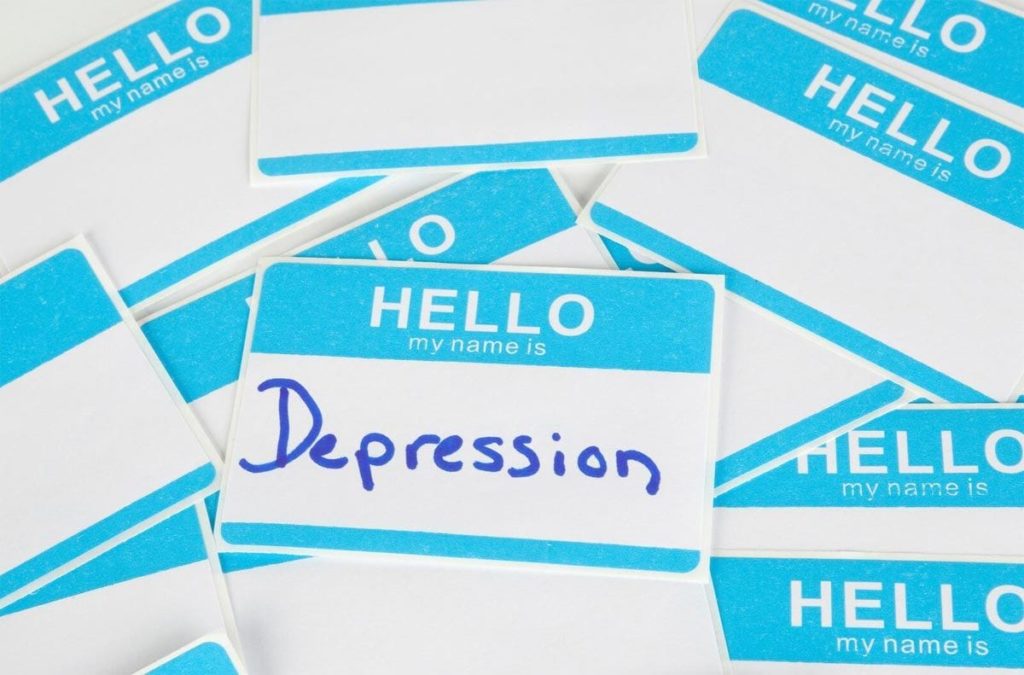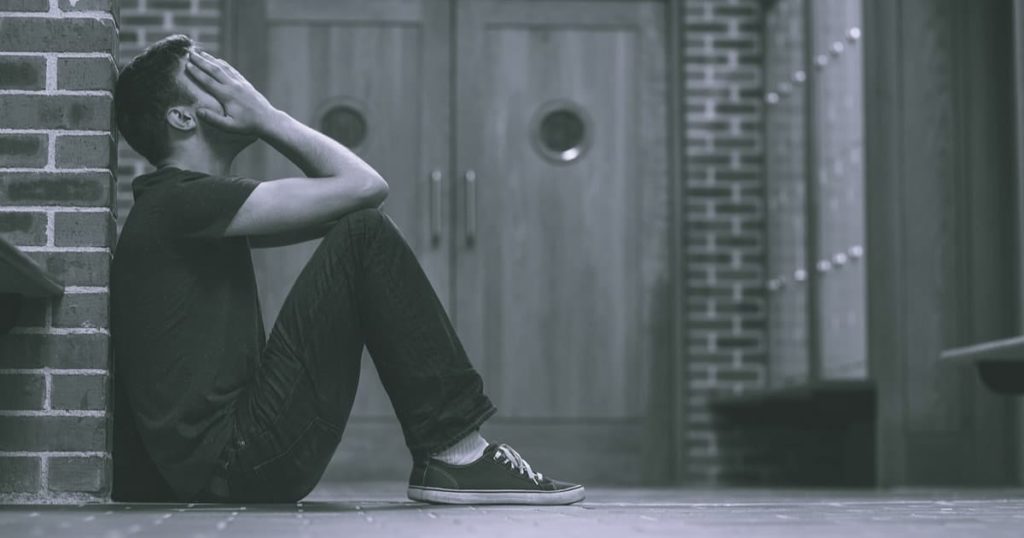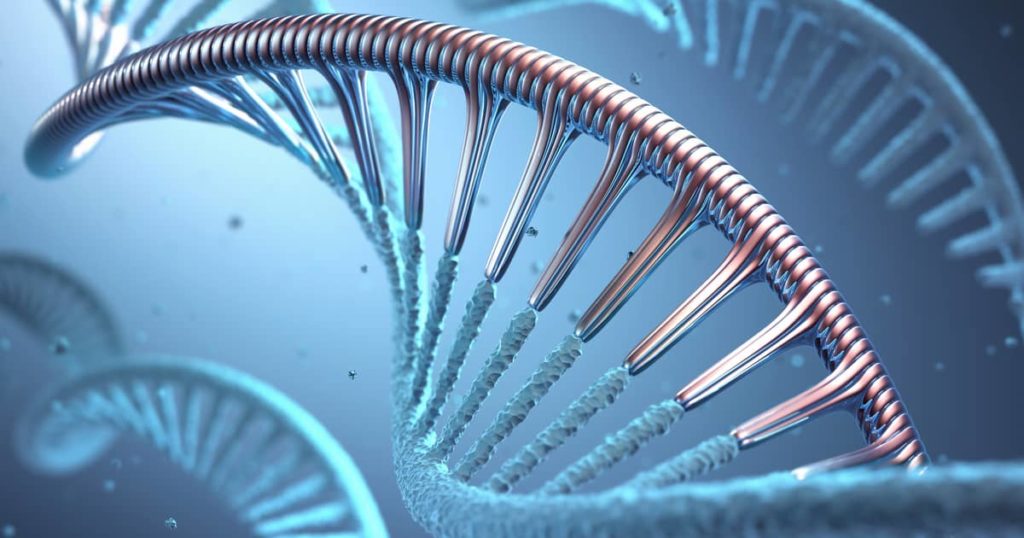Depression and anorexia are two separate mental health conditions that can often co-occur. Studies have shown that up to 50% of individuals with anorexia also struggle with depression. While these two conditions may seem vastly different, underlying factors link them. In this blog post, we’ll explore how depression and anorexia are linked and the importance of seeking mental health treatment for both.
The ranch offers both individual and group therapy sessions that help patients address and manage their depression and anorexia. These include cognitive-behavioral therapy, interpersonal psychotherapy, and dialectical behavior therapy. Call 1.844.876.7680 today to learn more about our mental health treatment programs and start your journey toward recovery.
What Is Depression?
Depression is a common mental health condition characterized by persistent feelings of sadness, hopelessness, and loss of interest in usual activities. It can affect anyone regardless of age, gender, or background. Depression can be triggered by various factors such as genetics, life events, and chemical imbalances in the brain.
Symptoms of depression may include:
- Persistent feelings of sadness or emptiness
- Loss of interest in activities once enjoyed
- Changes in appetite and weight
- Difficulty sleeping or oversleeping
- Lack of energy and fatigue
- Feelings of guilt, worthlessness, or hopelessness
People with depression may also experience physical symptoms such as headaches, stomachaches, and other aches and pains.
What Is Anorexia?
Anorexia, on the other hand, is an eating disorder characterized by extreme food restriction and a distorted body image. It often manifests in individuals with a fear of gaining weight or becoming overweight. Anorexia can have severe physical and mental health consequences if left untreated.
Symptoms of anorexia may include:
- Significant weight loss or failure to gain weight during periods of growth
- Refusal to maintain a healthy weight
- Intense fear of gaining weight or becoming overweight
- Distorted body image and preoccupation with weight and appearance
- Obsession with food, calories, and restrictive eating habits
People with anorexia may also experience physical symptoms such as fatigue, dizziness, and hair loss.
How Are Depression and Anorexia Linked?
Depression and anorexia may be different conditions, but they share many common symptoms and risk factors. For example, both conditions are characterized by persistent sadness or worthlessness. Individuals with depression may struggle with low self-esteem and feelings of hopelessness, while individuals with anorexia may experience these same feelings due to their weight and body image concerns.
Additionally, several risk factors can contribute to both depression and anorexia. These include a history of trauma or abuse, a family history of mental health conditions, and social isolation. Studies have shown that individuals with a history of depression or other mood disorders are also at an increased risk for developing anorexia.
One of the most significant links between depression and anorexia is the role of neurotransmitters in regulating mood and appetite. Neurotransmitters are brain chemicals that help regulate mood, appetite, and other bodily functions. When these chemicals are imbalanced, it can lead to symptoms of depression, anxiety, or other mental health conditions.
In individuals with anorexia, the neurotransmitter serotonin may be altered, leading to changes in mood and appetite. This can exacerbate symptoms of depression and anxiety, leading to a vicious cycle of negative thoughts and behaviors.
The Importance of Mental Health Treatment
While depression and anorexia may share common symptoms and risk factors, it’s essential to address these conditions separately and seek appropriate mental health treatment. Both conditions can have severe consequences if left untreated, including physical health complications, social isolation, and even suicide.
At The Ranch, we offer a range of mental health treatment programs tailored to meet each individual’s unique needs. Our programs include drug and alcohol detox, inpatient residential rehab, partial hospitalization programs, and residential mental health treatment. We also offer a range of therapies, including individual therapy, family therapy, and group therapy.
In addition to traditional therapies, we offer experiential therapy programs, such as equine therapy and trauma-informed care. These holistic approaches help individuals to address underlying emotional and psychological issues in a safe and supportive environment.
Contact The Ranch Today to Begin Mental Health Treatment
If you or someone you love is struggling with depression, anorexia, or both, it’s important to seek mental health treatment as soon as possible. Contact The Ranch today to learn more about our programs and how we can help you on the path to recovery.
Take the first step toward recovery and contact The Ranch today by calling 1.844.876.7680 or completing our online form.




